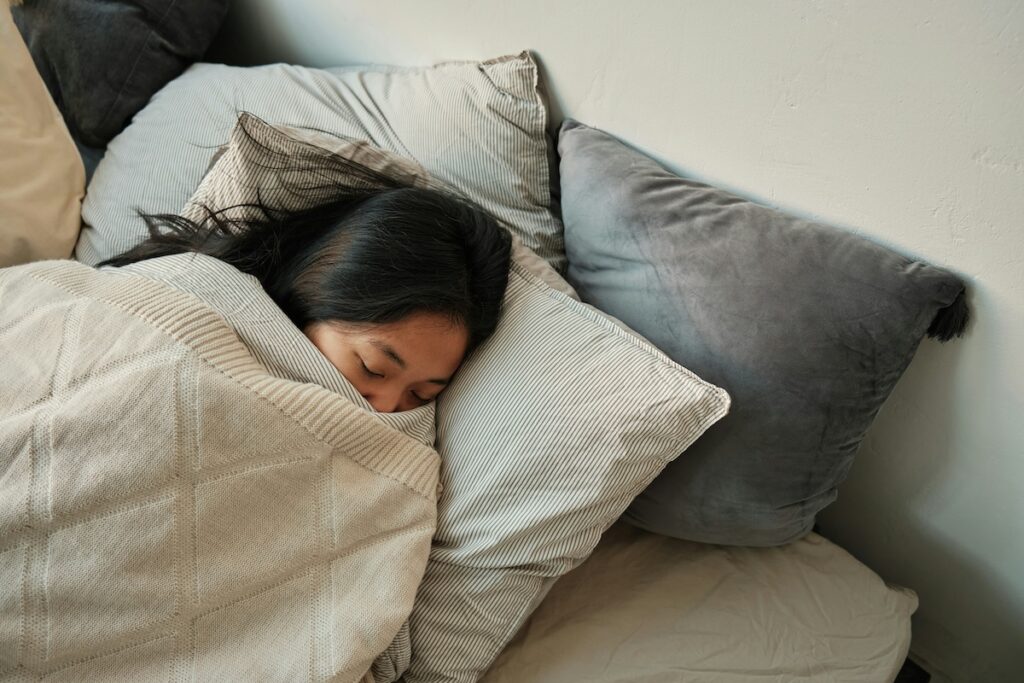Americans aren’t sleeping well.
The latest: Per Gallup, 57% of adults feel sleep-deprived, and the problem is getting worse.
- In 1942, 59% were sleeping 8+ hours, while only 3% slept ≤5 hours.
- In 2024, 25% get 8+ hours, while 20% sleep ≤5 hours.
The survey found the downtrend coincides with a nationwide uptick in chronic stress — and 63% of those who struggle to sleep are also frequently stressed.
Why it matters: Countless studies suggest stress, sleep, and health are inextricably linked.
Regular sleep reduces risk of premature mortality by up to 48% and causes people to feel younger, which supports longevity. On the flip side, lack of sleep negatively affects mental and emotional well-being.
Invested. With 80% of adults wanting to improve sleep, the global market for slumber-inducing aids and accessories is set to top $585B this year.
Innovating snooze tools, sleep tech startups attracted >$2.4B in funding between 2019 and early 2022, per Pitchbook. But, outcomes have yet to improve.
While Oura and WHOOP make millions measuring rest, new wearables from Somnee and Elemind pitch brain-stimulating wearables as more actionable solutions.
Meanwhile, Stellar Sleep’s app leverages cognitive behavioral therapy to unwind insomnia.
Punchline: As daily life speeds up, slowing down is hard. Sleep gadgets can help, but chronic stress and screen addictions will still need addressing.






